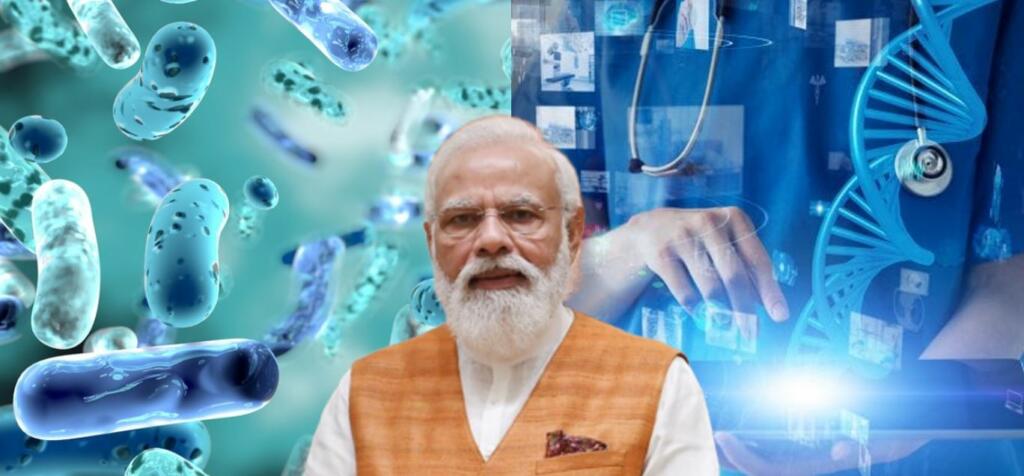In what can be witnessed as an applaudable move to prevent and contain zoonotic diseases throughout the nation, the Department of Biotechnology (DBT) launched the ‘One Health’ consortium. With such a move, the Modi government is aiming at surveillance of important bacterial, viral and parasitic infections of zoonotic as well as transboundary pathogens in the country.
A mega consortium on ‘One Health’
Ever since the Covid-19 pandemic has hit the nation, the government has been actively working towards better health solutions for the people. The devastating impacts of the coronavirus on humans and health systems have led the government to support a mega consortium on ‘One Health’.
Dr Renu Swarup, Secretary, Department of Biotechnology, Government of India launched the First ‘One Health’ project of DBT through video conferencing on 14 October. In a bid to improve the understanding of the spread of emerging diseases, the use of existing diagnostic tests and the development of additional methodologies has been mandated.
According to reports, this DBT-National Institute of Animal Biotechnology, Hyderabad led consortium, consisting of twenty-seven organisations, is one of the biggest health programs launched by Govt of India in post-COVID times. The One health consortium consists of AIIMS Delhi, AIIMS Jodhpur, IVRI in Bareily, GADVASU in Ludhiana, TANUVAS in Chennai, MAFSU in Nagpur, Assam agricultural and veterinary university and many more ICAR, ICMR centres and wildlife agencies.
PM Modi’s visionary Digital Health Mission
PM Modi, a few weeks back, launched Ayushman Bharat Digital Mission, also known as Pradhan Mantri Digital Health Mission, to revolutionize the healthcare infrastructure of the country as it will bring the cost of healthcare at least 10 times lower and make healthcare services accessible to everyone.
The digital health mission would make globally reputed Indian doctors available to countries around the world. The patients in western countries, where the healthcare cost is among the highest in the world, would rather choose Indian doctors, and this has the potential to bring billions of dollars to India every year.
Read more: Modi govt’s plan to make Unique Health ID for patients will revolutionise healthcare in India
During the Coronavirus pandemic, India proved its mettle in utilizing digital technology for Covid care (through Aarogya Setu) and Vaccination (Cowin). In addition to that, India had decided in June itself to share the open-source of Cowin with 50 countries showing interest in the platform.
The Government of India under the leadership of PM Modi did an outstanding in tackling the pandemic given the size and population of the country. With the help of digital technology, the government is well poised to tackle any pandemic that might emerge in the future. However, to be truly prepared for any eventuality, understanding of diseases that have to potential to crossover is important. This is where the ‘One Health’ consortium comes into play.
